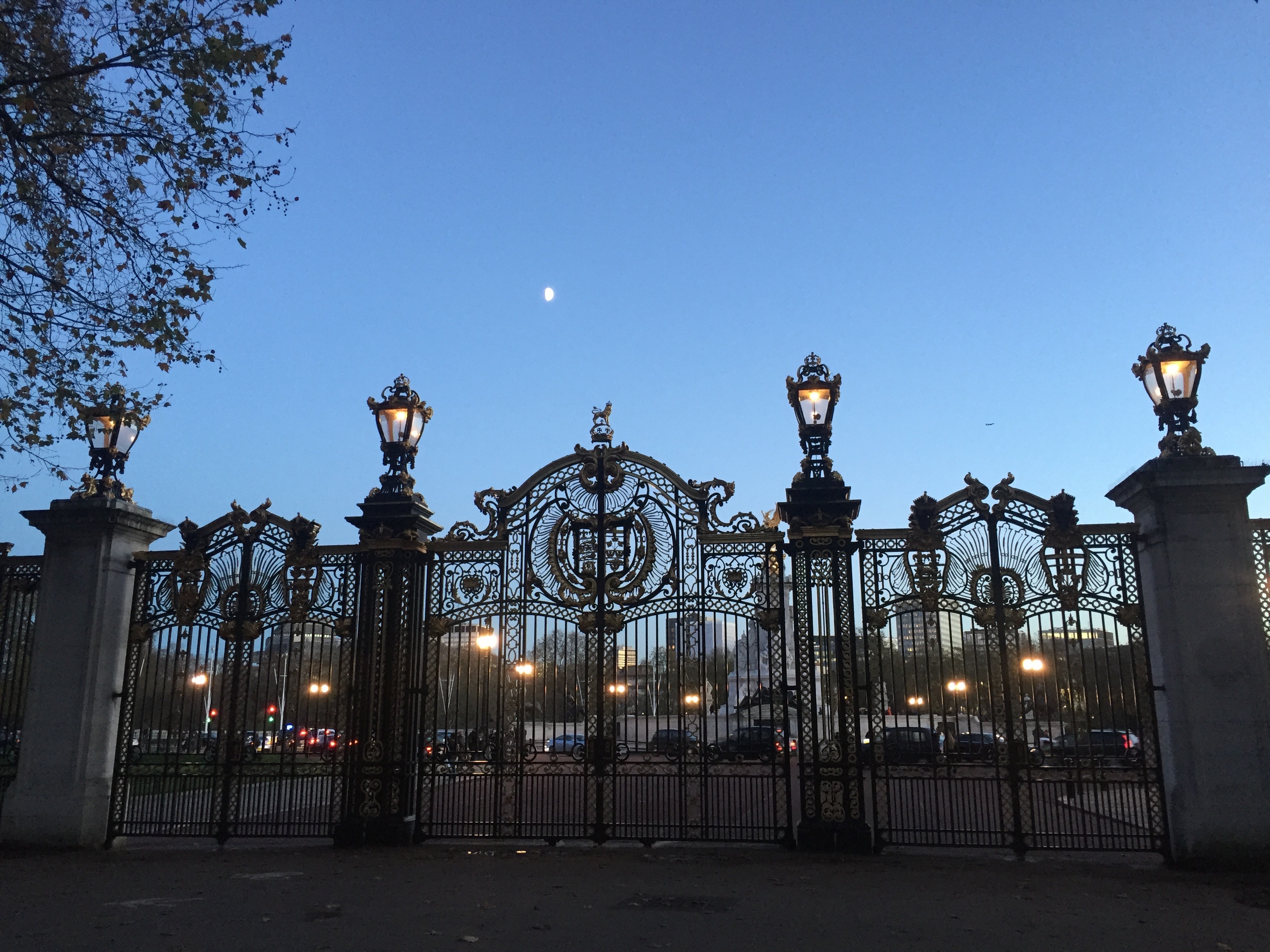Colleagues: We received a number of commentaries relating to policies/measures that should be taken in response to the Paris bombings and the surge in terrorism globally. Those policy recommendations were all written by folks who have served in law enforcement or been involved with counter-terrorism activities.
We asked Dr. Richard Siegel, emeritus professor from UNR, to provide another perspective, one that focuses more on the need to adhere to policies that protect our civil liberties while effectively countering terrorism. Here is his perspective:
CIVIL LIBERTIES MUST NOT BE SACRIFICED
IN THE WAR ON TERRORISM
- By Richard Siegel
Those committed to civil liberties as a preeminent set of values recognize that they lose ground after each major terrorist attack. Yet our main points are made well by human rights organizations and even by President Obama. The State of the Union speech placed some emphasis on the right to privacy even if the president`s willingness to make a major shift from the wholesale collection of American`s electronic records seems very unlikely.
The best argument for civil liberties in this sphere centers on the centrality of core American values to our vital soft power. Rejection of torture is something the U.S. accepted both in federal statutes and as a rectifier of the global Convention against Torture. The willingness of our government to condone torture under the rubric of enhanced interrogation methods is a lasting wound to the reputation of the United States. We committed ourselves to no use of torture. And the human rights conventions that the U.S. ratified require the investigation and prosecution of those responsible based on the usual standards of due process. Further, our courts must be available to adjudicate claims of individuals who are harmed by certain counterterrorism measures although they have no relation to terrorism. But the National Security Doctrine prevents most cases of violations of rights through counterterrorism to be blocked from court review at any level.
Each kind of watering down of the basic constitutional rights of Americans involves different considerations. Yes, the Constitution, and our international human rights obligations, should not be seen as a suicide pact.
But the standard of using the least restrictive measures necessary is reasonable. This applies to interrogation and mass surveillance. Conservatives apply that standard to most areas of regulation. Civil libertarians understand that they have allies on the right, especially the conservative libertarian right, in relation to the effects of counterterrorism methods on basic civil liberties.
Civil libertarians also strongly agree that those who would seriously erode the Bill of Rights for unproven and arguably unnecessary programs are playing a game that extremists want us to play. Detention of Moslems and others without due process, and the collateral damage from some drone strikes (and other military measures) are among many counterterrorism measures that feed extremism and may well weaken our overall posture.
If respect for human rights and basic American liberties does not secure the readers’ support, the consequences of Abu Ghraib or Guantanamo should. We can be, and often are, our own worst enemy, especially when we fail to prevent and challenge American violations of rights and excesses that cannot be justified.
Dr. Rich Siegel, is Professor Emeritus of Political Science and author of books and articles on International Human Rights and civil liberties, UNR

